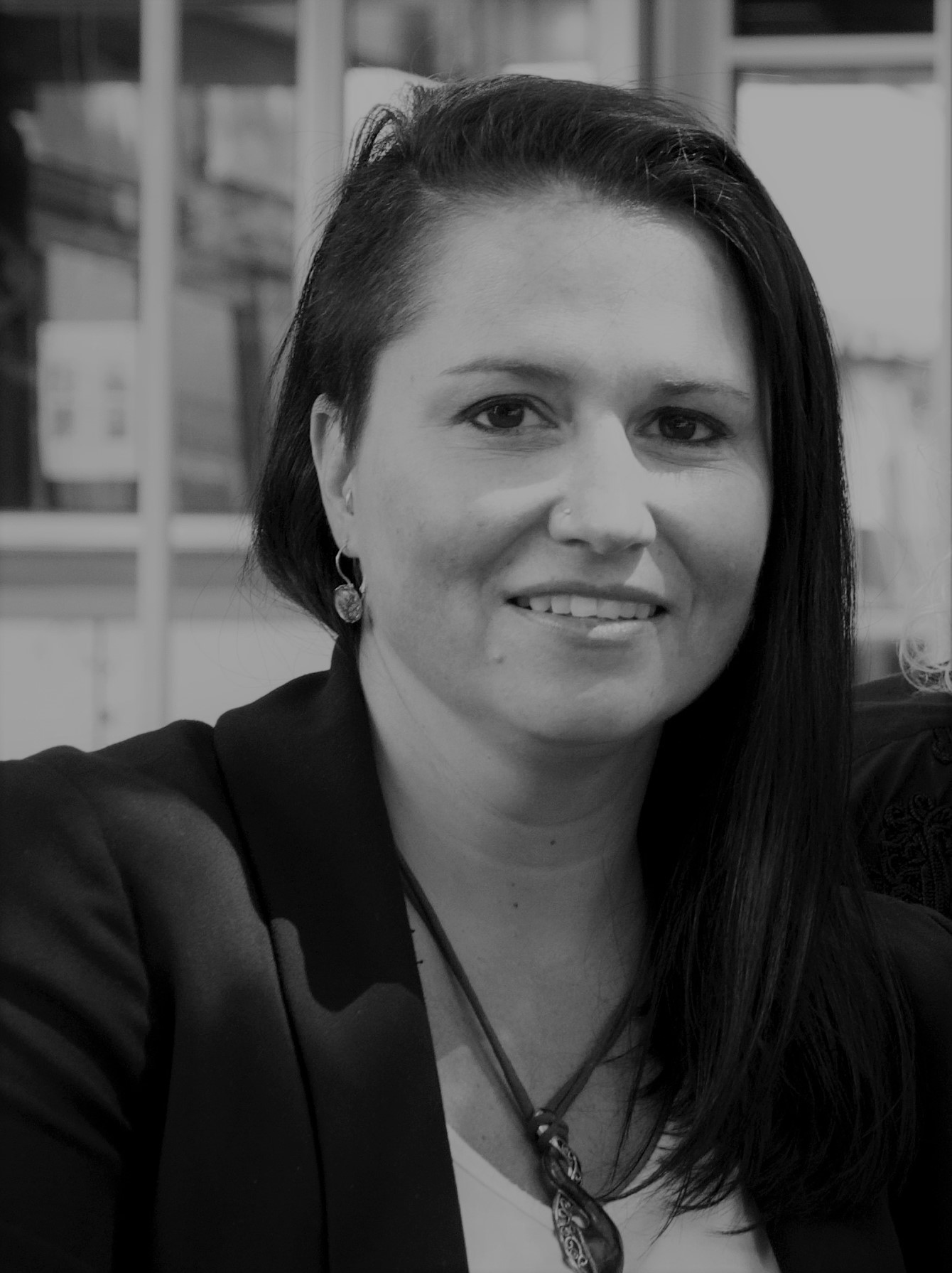Overcoming mono-method bias in youth mentoring research: Combining self-report and direct observation methods to deepen understanding of mentoring relationship quality

WORKSHOP LED BY KELSEY DEANE
Dr Kelsey Deane is a faculty member in the Faculty of Education and Social Work at the University of Auckland in New Zealand where she conducts Positive Youth Development and program evaluation research. Kelsey is particularly interested in research that directly informs service quality and enjoys working in partnership with organizations to co-design program evaluations. Her most recent research focuses on direct observational investigations of youth-adult mentoring relationships and aims to increase understanding of how dyadic communication behaviours can either help or hinder mentoring relationship quality and young people’s development and wellbeing. Kelsey is also the Co-Director of Campus Connections Aotearoa, a university service-learning course and mentoring program for disadvantaged youth. Campus Connections Aotearoa is based on a program model originally developed by colleagues at Colorado State University and has been culturally translated to meet the needs of young people in Aotearoa New Zealand.
ABSTRACT
With mentoring programme effects intrinsically tied to the quality of the relational bond forged between each mentor-mentee dyad, the success of mentoring as an intervention requires a more profound understanding of mentor-mentee relational dynamics than those offered by common mentoring research methods. Although youth mentoring research has become progressively sophisticated since its rise in the 1990s, with an increased focus on relationship processes and the use of advanced statistical methods, the field is still dominated by questionnaire or interview-based methods that rely on retrospective self-reports, often solely from the perspective of either mentees or mentors. While self-reports provide important insights about a mentor or a mentee’s general perspective of the relationship, studies employing such methods only scratch the surface of what transpires when programmes bring mentors and mentees together to build a relationship geared to benefit the young person. Important information about relationship engagement is obscured from individual perspectives when those reporting are themselves immersed within the relationship. Rather, a more nuanced understanding is gained when researchers focus on dyadic perspectives within context.
This methods-focused workshop will explore the challenges encountered when we rely on mono-method approaches to study mentoring relationships. It will begin by providing an overview of the Youth-Adult Partnerships (Y-AP) Observational Study, a multi-method study involving laboratory-based direct observations of video-recorded mentor-mentee interactions combined with repeated questionnaire measures of mentor- and mentee-reported relationship characteristics. Focusing on mentor attunement as a proposed critical ingredient of high quality mentoring relationships, early results from analysis of data collected from 65 mentor-mentee dyads who participated in the Y-AP Observation Study will illustrate how combining questionnaire and direct observation methods to capture different perspectives of mentor attunement yields novel insights about relationship quality. Workshop participants will then engage directly with the measures used to capture mentor attunement from mentor, mentee, and third party observer perspectives so they can examine different views of this theoretical construct for themselves. This will include exploration of a recently validated mentor-report measure of mentor attunement, the pilot version of youth-report mentor attunement measure, and the use of a mentor attunement coding schedule applied to mock videos created from composites of actual mentor-mentee interactions from the Y-AP Observation Study. The
experiential learning within the workshop will support participants to interrogate their own views and experiences of mentoring research methods while expanding theoretical and applied understanding of mentor attunement and its role in fostering mentoring relationship quality.
